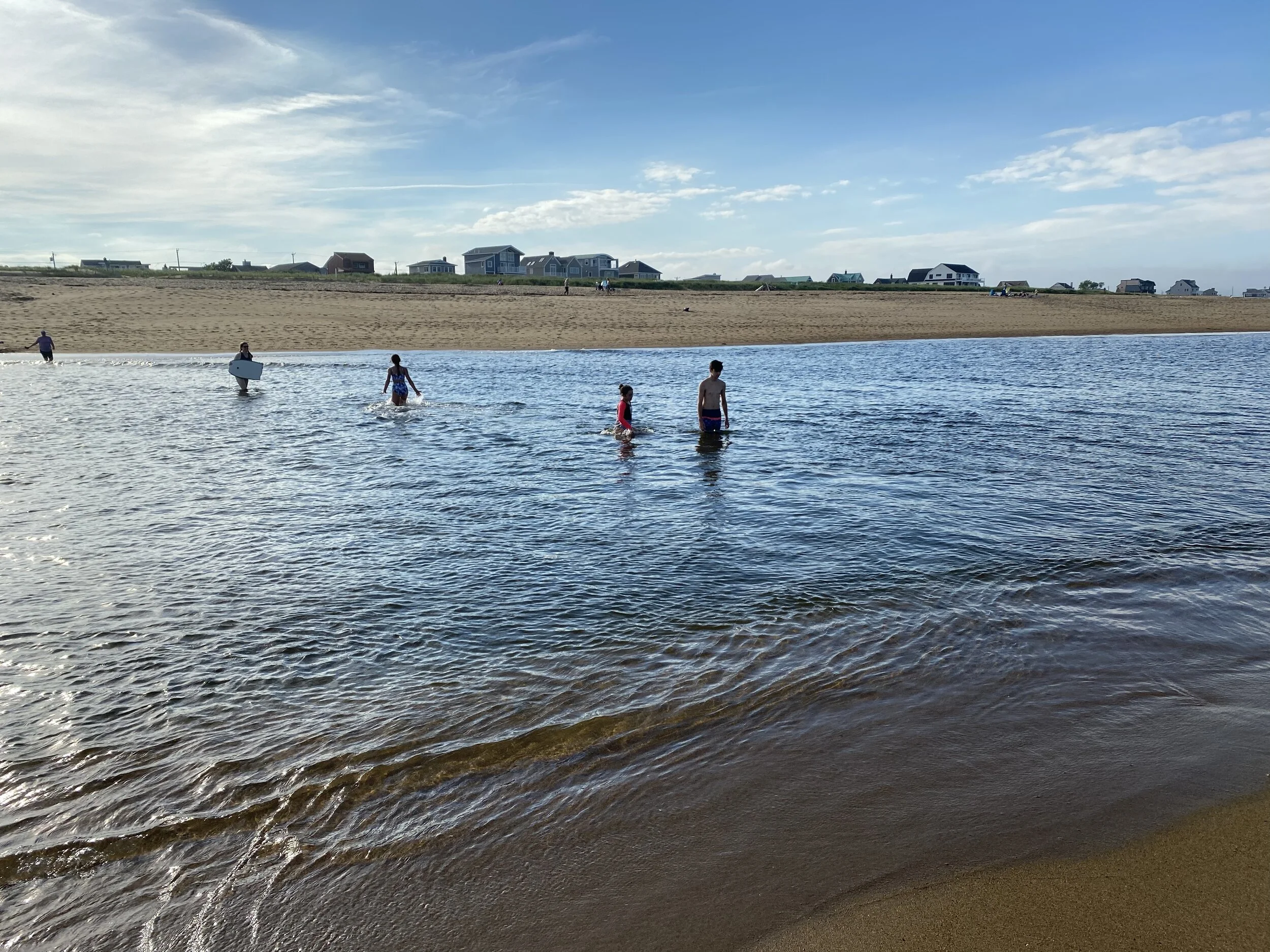Becoming sixteen
Not me. But I could pretend it’s me. (Image by Lisa Van Dorp)
When I was in my late twenties, I thought I might want to take up tennis.
I didn’t actually pursue it consistently — my life was too chaotic. However, I took a lesson at my mom’s club during a visit with family. My younger sister, who had played tennis in high school, was gracious enough to go down to the high school courts with me and hit some balls around.
It was a beautiful summer morning in Maine, with a light sea breeze coming off of the water. How lucky was I to be able to spend this time doing something fun with my sister?
And yet I was resentful and frustrated, stuck in the past. Why hadn’t I started playing tennis as a teenager like my sister had? Why hadn’t I had that same opportunity? Then I remembered the week of lessons I took when I was twelve that I pretty much flunked out of and got even more resentful and frustrated.
Needless to say, all of this angsting around was not helping my game. I was missing lots of balls and hitting wildly the ones I was managing to make contact with.
At this point in my life, I had been teaching music for a few years. I knew that it did no good to get frustrated by my poor performance. But I realized that the real problem was the story I was telling myself about my poor performance. The internal whining about my lack of awareness of the opportunities I could have taken advantage of in my younger days was preventing me from taking advantage of the opportunity I had today.
So I decided to tell myself a different story. I decided to become sixteen, and recast my younger sister as my older sister. Here we were, on vacation.
With that, my cloud of angst lifted. I had all the time in the world on this Saturday morning. There was no pressure to be better or different than I was. I knew that if I put in the effort, I could get better. Maybe I could even compete on the high school team next year (junior year, in my fantasy world).
I started hitting balls back over the net. I started to be able to hear the feedback and corrections my sister was giving me. Sixteen-year-old me was learning to play tennis.
The irony of telling this story now is that I am much older than I was when I thought I was so old, but I hardly ever have that “I’m washed up and hopeless” feeling now. I’ve learned how to recapture that experience of becoming sixteen in my head whenever I need it. I am now very familiar with the power of changing my internal story.
In my early 40s, I finally took up tennis in earnest, and though I think wistfully about what life would have been like if I had played competitively as a teenager, that feeling is coming from a great fondness for the hobby, not a sense of regret. I’m able to experience the joy of doing it without wasting time wishing I could do it better —or that I could have done it sooner.
Life is short, and the seventeen or so years since that morning with my sister seem like nothing. I could fret about where all the time has gone, but I don’t have to think about it. When my brain starts getting noisy, I can just become sixteen with my whole life ahead of me. In a way, it still is.
Where might it help you “become sixteen” in your mind, opening yourself to all of the possibilities of the future? What would you do differently?





